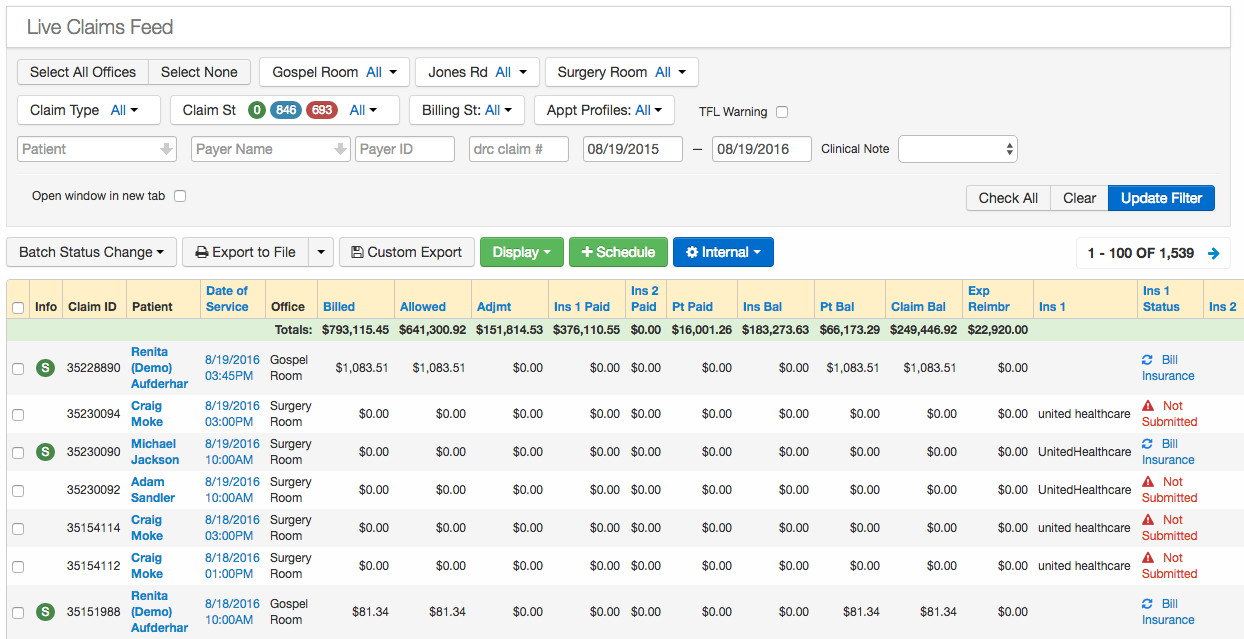Premium: The amount you pay your insurance company for health coverage each month or year. Deductible: The amount of money you must pay out-of-pocket before coverage kicks in. Deductibles are usually set at rounded amounts (such as $500 or $1,000). Typically, the lower the premium, the higher the deductible.. A review of the information needed to set up a computerized medical insurance billing practice is included. Previous computer experience is not necessary. This course will also provide hands-on practice with the opportunity to simulate common activities in a “day in the life” of a Medical Office biller..
Balance billing happens after you’ve paid your deductible, coinsurance or copayment and your insurance company has also paid everything it’s obligated to pay toward your medical bill. If there is still a balance owed on that bill and the doctor or hospital expects you to pay that balance, you’re being balance billed.. The online medical billing course provides the most up-to-date information relating to the health insurance industry and different reimbursement methodologies for correct claim submission. The course is designed to be completed in 4 months, however AAPC allows for an additional 2 month grace period, giving you a full 6 months access from date of purchase..

Reading Payer Contracts for Key Medical Billing and Coding Details. Insurance companies (payers) offer various levels of coverage to their members, and as the medical biller/coder, you must be able to navigate payer contracts to gather the information you need to prepare and follow-up on claims.. Coding and billing tools for ICD-10-CM/PCS, CPT, HCPCS. Search tools, index look-up, tips, articles and more for medical and health care code sets. Find-A-Code - ICD 10 Codes, CPT Codes, HCPCS Codes, ICD 9 Codes - Online Encoder - Medical Billing and Coding.

An Explanation of Benefits (EOB) is a form or document that may be sent to you by your insurance company several weeks or months after you had a healthcare service that was paid by the insurance company. Your EOB is a window into your medical billing history.. Balance billing is the practice of a provider billing you for all charges not paid by your insurance plan, even if those charges are above the plan's usual, customary and reasonable (UCR) charges or are considered medically unnecessary.. Medical billing is a payment practice within the United States health system. The process involves a healthcare provider submitting, following up on, and appealing claims with health insurance companies in order to receive payment for services rendered; such as testing, treatments, and procedures..



